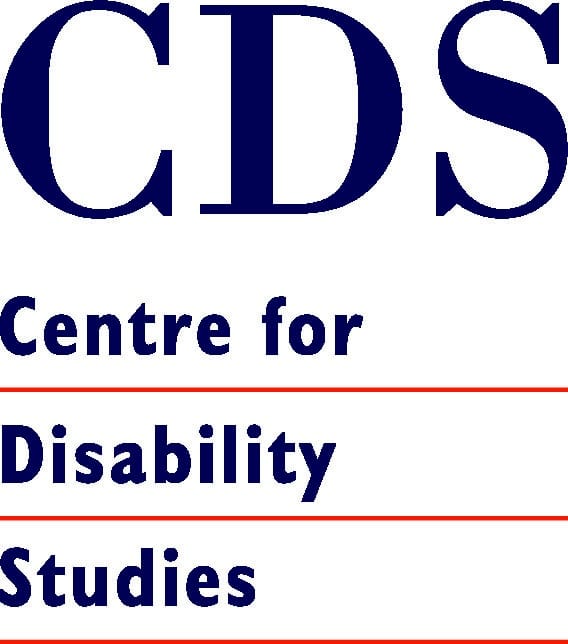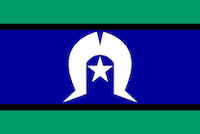Australian Research Council Project – The project evaluated the ways that individuals with intellectual disability exercise choice and control in the context of individual NDIS funding packages. Learn more here.
NDIA Independent Assessment Evaluation (2021): Report link on this page under ‘the validation from the University of Sydney’.
Addressing the Needs of People with Disability in The Autonomous Region of Bougainville, Papua New Guinea (2017-2019). Significant disability and priority support needs of children and adults living in the Autonomous Region of Bougainville, PNG, were identified through the aggregation of findings from three independently conducted surveys.
Promoting Caregivers’ Well-being Through MINDS Caregivers Support Services (2018). This mixed method evaluation of the MINDS Caregivers Support Services (CSS) and coordinating Caregiver Support Service Centre (CSSC) identified the effectiveness and efficiency of caregiver support services with the critical role of social connections and social networking highlighted. Family Quality of Life of participating families, and the coping and resilience of caregivers were investigated.
National Disability Insurance Scheme Evaluation (2017). CDS and National Institute for Labour Studies (NILS), Flinders University, conducted in a large scale, two-year evaluation of the National Disability Insurance Scheme (NDIS). As the NSW state experts, CDS carried out community engagement activities and interviews with participants and their carers. CDS, NILS, and other state experts from across the country constructed a cohesive representation of the experiences of participants and stakeholders in the NDIS trial sites.
Evaluation of the STAR Framework, ADHC (2016). A collaborative project between the NSW Government Department of Ageing, Disability and Home Care (ADHC) and CDS assessed the efficacy of an evaluation framework supporting people with disabilities requiring complex behaviour support where earlier clinical support options had not proved successful. Document analysis and case studies were used to validate the framework.
Evaluation of the Community Justice Program (2014). CDS was contracted by The NSW Government Treasury, to collaborate in their evaluation of the NSW government’s Community Justice Program that provides services for intellectually disabled people who had interacted with the criminal justice system. The evaluation comprised three components, a quantitative and qualitative evaluation of outcomes, a process evaluation of program implementation, and an economic evaluation.
Person Centredness: An evaluation of its introduction into a service agency (2012). CDS conducted and evaluated Wesley Disability Services to conduct and evaluate their staff supporting people with intellectual disabilities.
Construction of Disability Services’ Support Needs Profiling Tool: Ensuring Equity in Individual Funding (2012). Three assessment tools, the ICAP, SIS and I-CAN Brief, were trialled to determine items relevant for a support needs funding tool for the Department of Human Services, Victoria. Stepwise multiple regression analysis showed that the most useful items in predicting funding allocation came from the I-CAN Brief. A second sample was used to develop a resource allocation algorithm. A facilitator’s instruction manual was developed, as well as implementation guidelines and computer scoring software.


